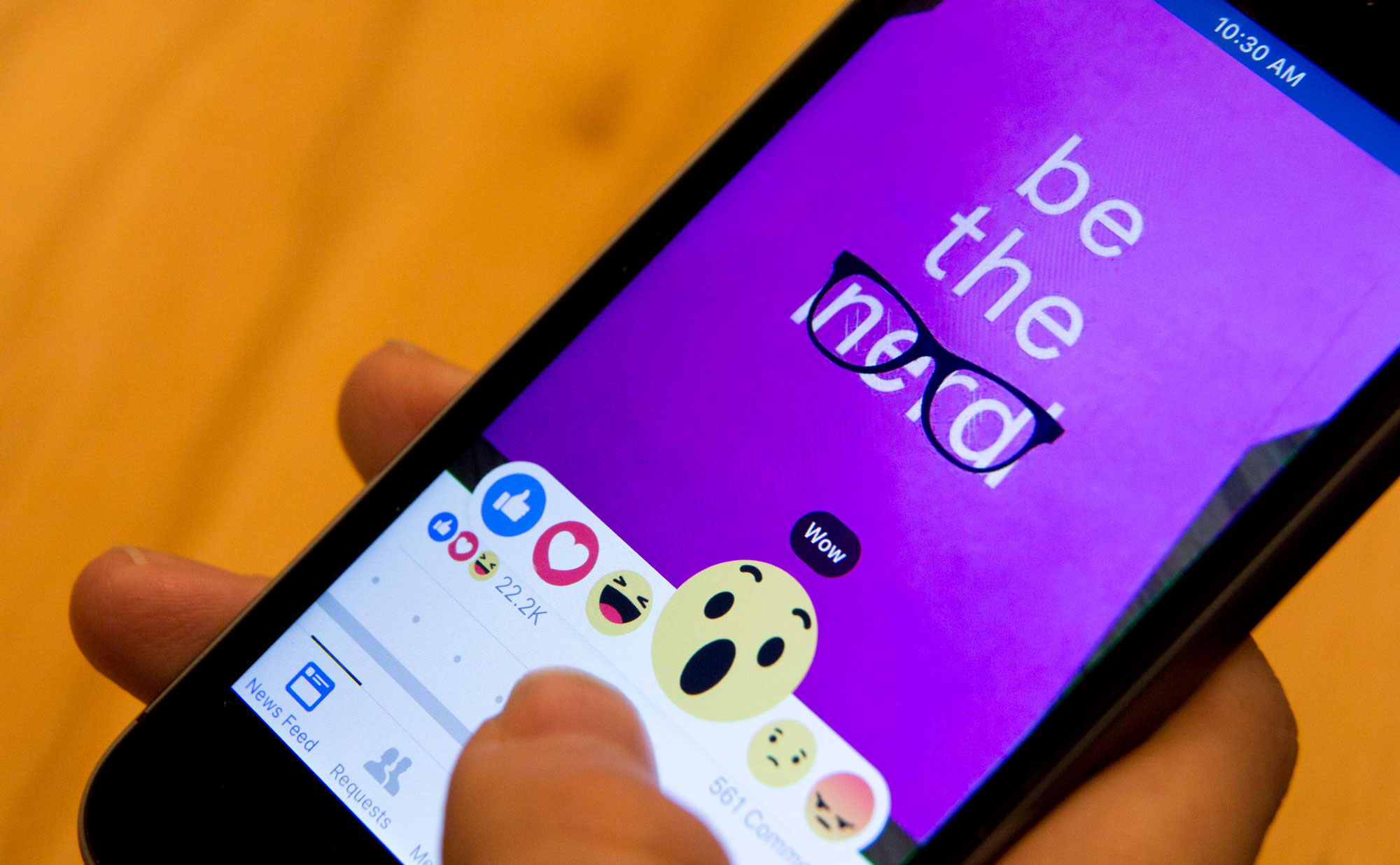Facebook might start hiding how many Likes your post gets

This feature is already being tested by Instagram, which Facebook owns, in seven countries.
The news: Facebook might soon start hiding the “Like” counter on posts in your News Feed. It confirmed the plans to TechCrunch after researcher Jane Machun Wong spotted Facebook prototyping the feature in its Android app. However, the company hasn’t said it if will definitely go ahead, or when.
The inspiration: The system Instagram is testing shows people a few names of mutual friends who have liked a post, rather than the total number. Facebook hasn’t shared any results from the test yet, but they’d surely make interesting reading.
Why hide likes? It’s all about helping to protect our mental health, apparently. Users can feel inadequate if their posts don’t get as many Likes as their friends’, and that can lead them to either delete them or not bother posting in the first place. Facebook wants to keep us all posting and sharing, generating reams of valuable data that it can sell to advertisers. If hiding Likes hurts that process, it’s a safe bet that Facebook won’t go ahead with it, no matter how much it makes us feel better about ourselves.
The evidence: There’s surprisingly little public research available into the psychological effect of Likes, so it’s hard to say what the outcome of the tests could be (and it seems unlikely Facebook will share the data with us, either). However, there is evidence that quitting Facebook completely makes people happier.
Sign up here for our daily newsletter The Download to get your dose of the latest must-read news from the world of emerging tech.
Keep Reading
Most Popular
Large language models can do jaw-dropping things. But nobody knows exactly why.
And that's a problem. Figuring it out is one of the biggest scientific puzzles of our time and a crucial step towards controlling more powerful future models.
The problem with plug-in hybrids? Their drivers.
Plug-in hybrids are often sold as a transition to EVs, but new data from Europe shows we’re still underestimating the emissions they produce.
Google DeepMind’s new generative model makes Super Mario–like games from scratch
Genie learns how to control games by watching hours and hours of video. It could help train next-gen robots too.
How scientists traced a mysterious covid case back to six toilets
When wastewater surveillance turns into a hunt for a single infected individual, the ethics get tricky.
Stay connected
Get the latest updates from
MIT Technology Review
Discover special offers, top stories, upcoming events, and more.